It's an irony that in the digital world paper books are still held in incredibly high regard. Many have opinions but getting into print carries prestige.
Here are the best books to read for technology lovers
The Inevitable by Kevin Kelly
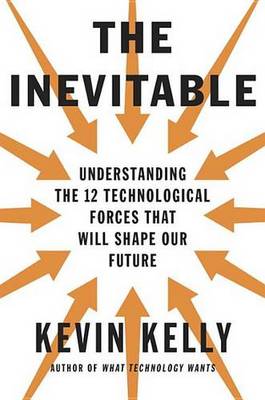
In this book, Kevin Kelly guides readers through the next 30 years of our lives calling on 12 technological imperatives that will transform the way we live. From virtual reality, AI and the digital economy, this book aims to provide an understanding of the tech that will change the future of the planet. ISBN: 9780525428084.
The Open Organisation by Jim Whitehurst
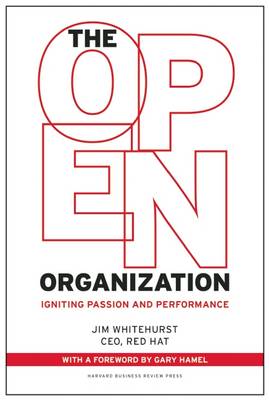
In this book, Red Hat CEO Jim Whitehurst reveals how creating an engaged and passionate workforce will result in a performance and revenue boost in both a work setting and in the greater world. Whitehurst focuses on the greater community, demonstrating how building a strong collective will inevitably lead to success. ISBN 9781625275271.
The Innovators by Walter Isaacson
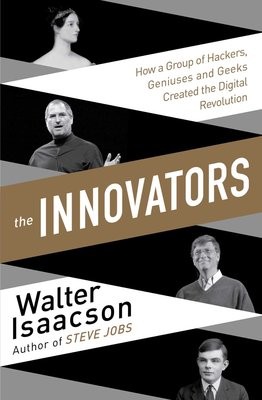
A brave attempt to sum up how computers and the internet came to be, from Ada Countess of Lovelace in the 1830s and the era of search at the other, with plenty in between. Covers the work of 60 ‘innovators’ it’s turns out it was all about teamwork rather than the simplistic idea of genius or maverick behaviour. He could have started earlier with the Mechanical Turk. 2014, Simon & Schuster, ISBN-13: 978-1476708690P.
The New Digital Age by Eric Schmidt and Jared Cohen
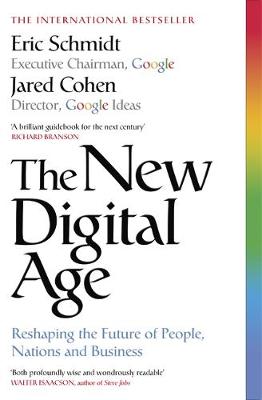
A wide-ranging musing on the future of nearly everything shaped by technology from Google’s thinkers in situ, chairman Schmidt and head of ideas, Cohen. In essence technology creates disruption and discontinuity and that is having effects on nation states, religion, gender, knowledge and power in ways hard to predict. 2013, John Murray, ISBN 978-1848546226.
The Net Delusion by Evgeny Morozov
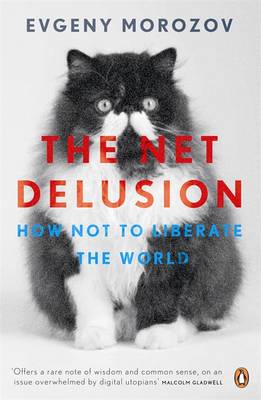
In the old days, techno-scepticism was for figures such as Clifford Stoll and the Cuckoo’s Egg. Morozov is an update on that with compound interest, a man who believes that far from setting people free, as technorati would have it, the internet it has the potential to entrap and enslave us. Big companies know everything about us, governments watch our every move. 2012, Penguin, ISBN 978-0141049571.
From Gutenberg to Zuckerberg: What You Really Need to Know About the Internet
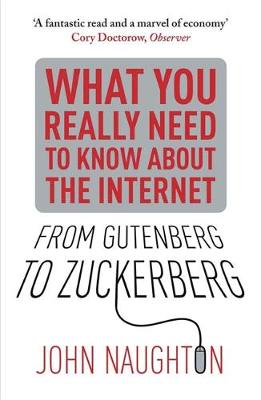
In many ways an update to his earlier book on the internet, A Brief History of the Future, covering many of the same themes. In this book the internet has moved on from being a pile of connected wires into something resembling an information system. And yet people are still incurious about the implications of something rivalling the appearance of printed books.2012, Quercus , ISBN 978-0857384263.
Turing’s Cathedral by George Dyson
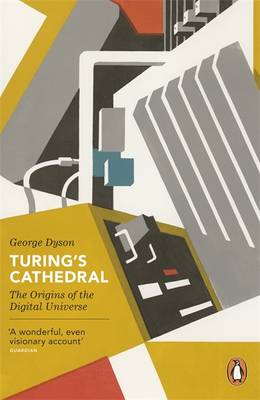
A history of the small and talented group of mathematicians and programmers such as John von Neumann who were paid to invent the modern era of computers and software in the years after WW2. Prompted by the US Government for its own purposes, their dreams were to fulfil Turing’s deeper vision of a ‘universal machine’. 2012, Penguin, ISBN 978-0713997507.
The Information by James Gleick
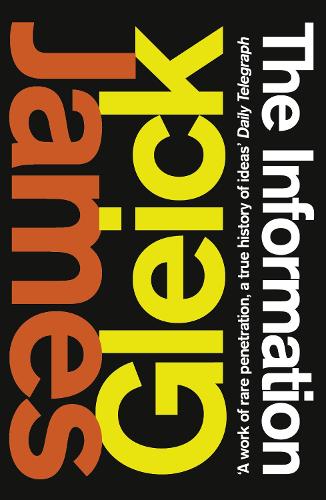
The author of the famous 1990’s tome Chaos explores the ways in which the digital computers of today are part of a surprisingly long tradition across cultures to capture, manipulate and transmit information from African drums to the Victorian Babbage. Information is not a quality of the computer world – in fact it has always been with us. 2012, Fourth Estate, ISBN 978-0007225743.
Superintelligence: Paths, Dangers, Strategies by Nick Bostrom

A philosophical but original journey through the complex hurdles that humanity must vault as it attempts to create artificial intelligence. It is assumed by some that AI is a magically emergent property of mere processing power. But while we don’t necessarily understand what intelligence is as we create it, AI still holds great peril. When it arrives, it will not be like us. 2014, OUP, ISBN 978-0199678112.
Steve Jobs by Walter Isaacson
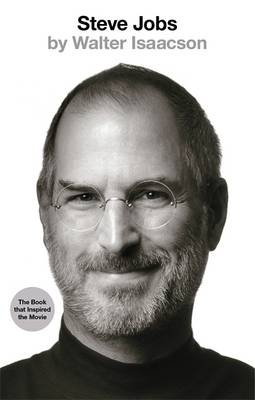
The best-selling tech book of all time, this authorised account of Job’s life had the publishing luck to be appear weeks after his death in October 2011. Jobs’s fame was sealed after his return to Apple in 1997 but in many ways his remarkable life was connected to the formative years at Apple and conceiving of the NeXT computer that so influenced him. 2011, Random House, ISBN 978-3442744916.
The Shallows: What the Internet is Doing to Our Brains by Nicholas Carr
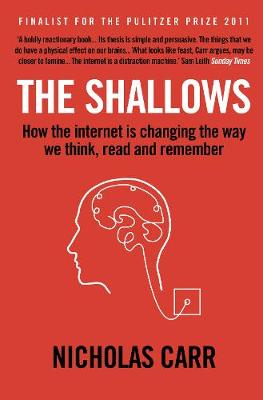
Carr’s book crystallised an issue that has been argued over for most of the last decade – what is the internet doing to people’s brains neurologically and socially? The argument is that as the internet drowns people in information people become easily distracted, a product of the technological society in which speed is more important than depth. 2011, W.W. Norton & Company, ISBN 978-0393339758.
This Machine Kills Secrets by Andy Greenberg
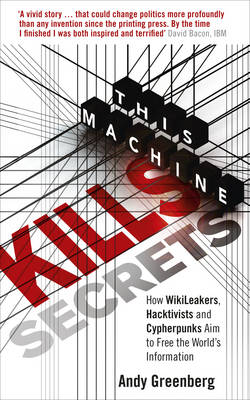
Tech has heard a lot about cyberpunks but what about the cypherpunks? The battle to obliterate institutional secrecy across the decades by a range of crypto rebels of which Wikileaks and its whistleblowing ethic is now the best-known example. Where did its technology and thinking – not to mention its shadowy ‘Architect - come from? Meet the anti-Matrix. 2013, Plume Books, ISBN 978-0142180495.
Countdown to Zero Day by Kim Zetter
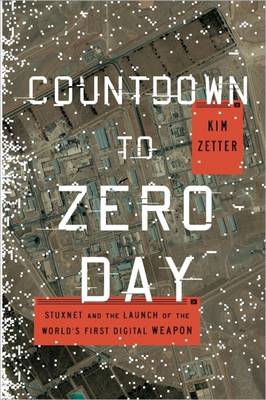
The story of Stuxnet, one of the most important events in recent tech history. It was notable not simply because of what Stuxnet was built to do – reach deep inside Iranian nuclear reactors – but because nobody knew such weapons were even possible. This was the moment that changed and we are still grappling with the after-shocks. 2014, Crown Business, ISBN 978-0770436179.
Pax Technica by Philip N. Howard
An unfashionably optimistic view on the coming of the Internet of Things (IoT) and what this new hyper-connectedness could do for politics, democracy and even authoritarian regimes that have been doing well lately. He argues that the IoT won't just change the nature of devices but the ability - or inability - of powerbrokers to control it. 2015, Yale, ISBN 978-0300199475.
Future Crimes by Marc Goodman
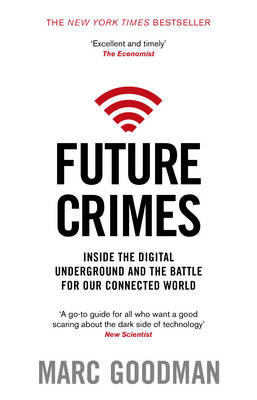
FBI futurist Goodman opens our eyes to the future of crime in which data and identity matter as much as money and goods. As crime preys on new digital technologies, Governments and populations misunderstand the risks, seeing each security incident as an isolated crime. The author images the criminal possibilities, one by one.2015, ISBN 10 0385539002.

No comments:
Post a Comment